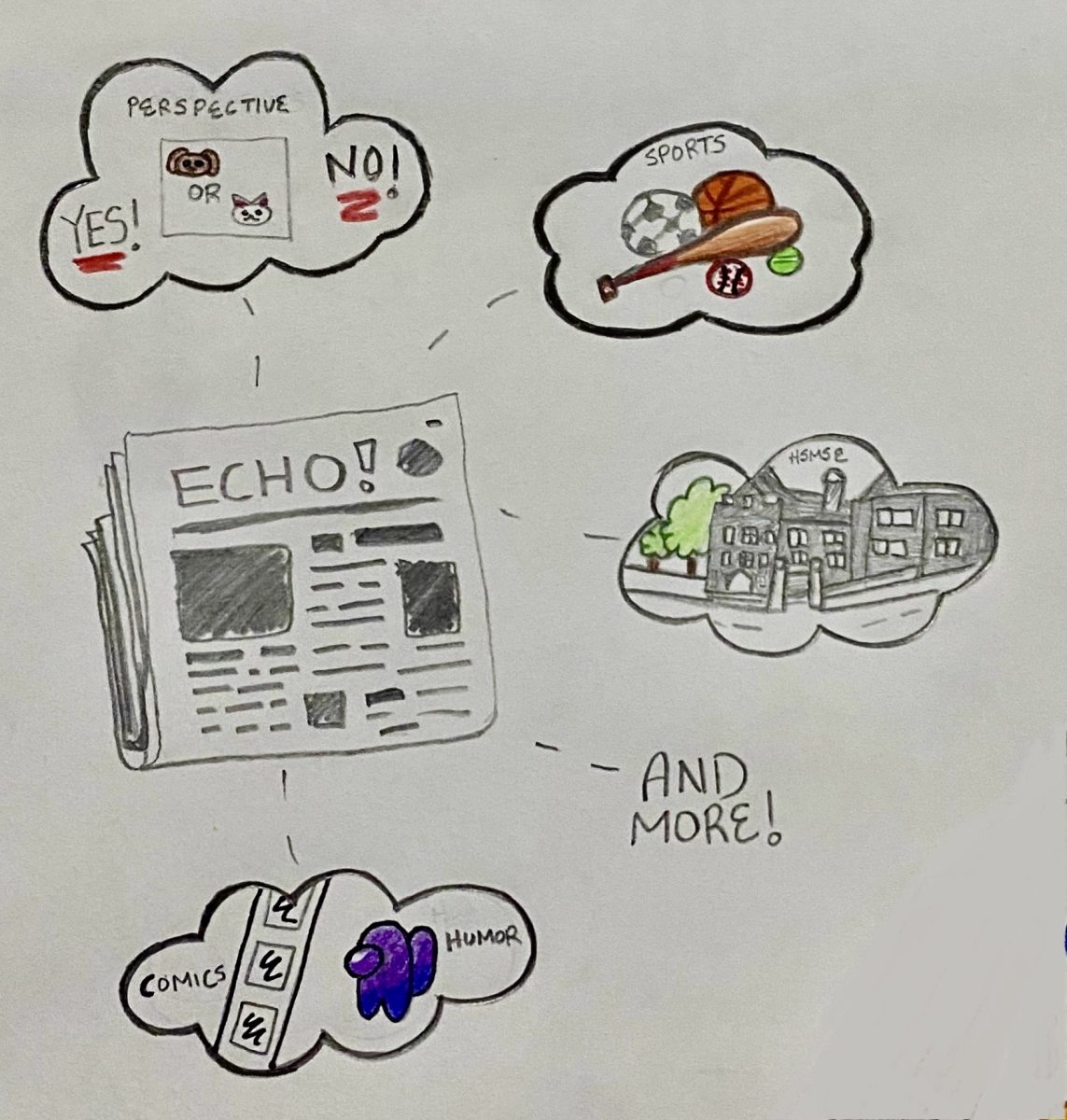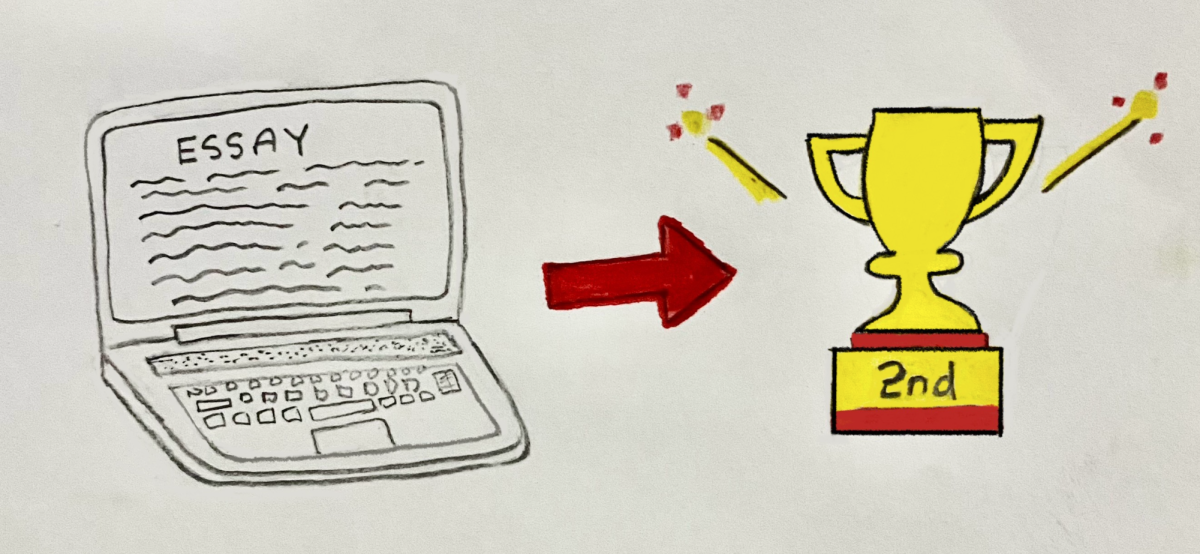Every viewer has faced the dilemma of whether to stop watching or give in to the irresistible draw of another episode. The struggle stems from a mix of exhaustion, curiosity, and the sheer ease of clicking “play.” After a long day, it can be easy to frame watching another episode as a well-earned way to unwind. Entertainment might provide a temporary escape, helping to reset emotions and prepare for the next task at hand.
Self-Care or Self-Sabotage?
When life feels overwhelming, watching a comforting show can be a great way to reduce stress. A compelling storyline can feel rewarding, offering emotional release and much-needed enjoyment. A study from UC Davis found that people use entertainment media to manage their emotions, sometimes even preferring negative content to amplify their mood.
While watching another episode seems harmless, the momentary pleasure often turns into guilt, creating a cycle of procrastination. Students can easily fall into the trap of binge-watching, which may seem like harmless relaxation but can have significant consequences. Losing track of time often leads to disrupted sleep, making it harder to concentrate and retain information during classes. Additionally, unfinished responsibilities pile up when entertainment takes priority over assignments or studying. When students put off important tasks for immediate gratification, they experience a procrastination rut, where stress builds up as deadlines approach.
Reframing Binge-Watching
Watching with purpose—for example, setting a time limit beforehand—helps to prevent endless watch sessions. Treating TV time as an event instead of a default habit allows for more satisfying entertainment. Using episodes as rewards for completing tasks creates a balance between relaxation and responsibility. This method trains the brain to associate entertainment with achievement, rather than avoidance.
Entertainment should feel refreshing, not draining. Recognizing the right moment to pause is essential for maintaining control. A healthy balance means enjoying media while staying on top of obligations. Feeling guilty about watching TV, playing video games, or scrolling on social media undermines the relaxation it provides, making it crucial to mindfully approach entertainment. When watching is intentional, it becomes a legitimate form of self-care rather than a source of stress.























